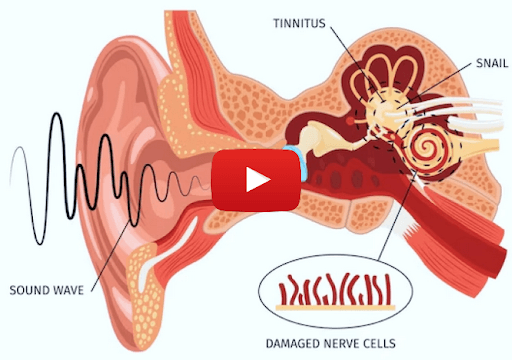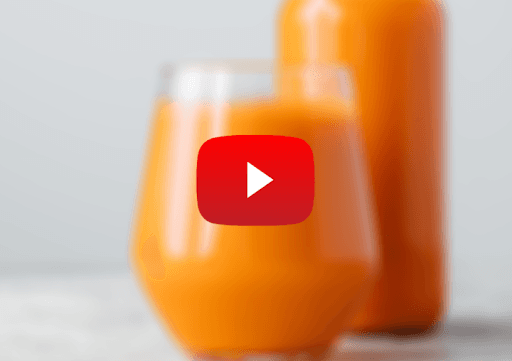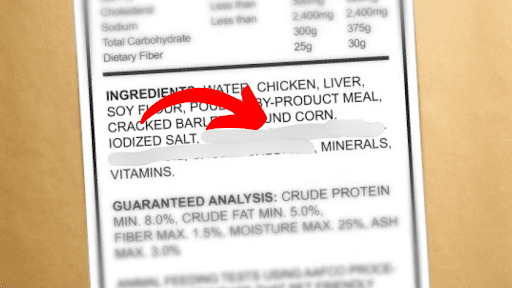Warning ! 10 Foods to Avoid for an Enlarged Prostate
Prostate health is a sensitive topic for many men. Factors influencing it include genetics, lifestyle, and significantly, diet. Our diet influences our well-being in numerous ways, affecting energy levels and bodily functions, including how effectively we combat diseases. Eating the wrong foods can worsen existing prostate conditions, making it important to identify those that are best avoided.
A healthy diet impacts the prostate considerably. Certain foods can exacerbate symptoms of an enlarged prostate, leading to discomfort and potential health complications. Maintaining a diet mindful of prostate health can go a long way in managing symptoms and improving quality of life.
Processed foods, topping the list, are detrimental due to high amounts of sodium, sugar, and chemical additives. These enhance inflammation and contribute to weight gain and prostate symptoms.
Foods rich in saturated fats, such as fatty meats and butter, are linked to increased inflammation, thereby exacerbating prostate issues. Swapping saturated fats with healthier alternatives like those in fish and nuts can benefit prostate health.
- Replace with healthy fats, such as those found in olive oil.
Although protein-packed, excessive consumption of eggs and poultry, especially the yolks, has potential links to increased prostate growth due to high arachidonic acid content. Moderation is key to avoiding inflammation-related symptoms.
High sodium intake from processed snacks or canned foods can worsen prostate symptoms through fluid retention and increased blood pressure. Opting for low-sodium alternatives improves not just prostate but also cardiovascular health.
Alcohol, while a popular choice among social beverages, doesn't assist prostate wellbeing. Acting as a diuretic and disrupting natural hormonal balances, it aggravates symptoms and hinders restful sleep.
- reducing or eliminating alcohol intake half keep symptoms manageable.
Red meat contains hormones and saturated fats, further advancing inflammation and potential aggravation of prostate conditions. Switching to leaner cuts benefits overall health.
High consumption of dairy may increase the production of prostate fluids, troubling for those with an enlarged prostate. Investigating the intake of milk, cheese, and similar products might help alleviate symptoms.
Spicy foods can cause urinary tract irritation, amplifying pain for those with an enlarged prostate. Avoiding or reducing spicy ingredients can help encourage calmer digestive and urinary processes.
Ending our list are drinks beloved for early mornings—caffeine-laden beverages. These can cause urinary frequency and urgency, contributing critically to discomfort.
Alongside excluding the above foods, incorporating nutrient-dense ones such as fruits, vegetables, whole grains, and lean proteins supports a thriving prostate. Every meal can be a commitment to health by being mindful of dietary choices. Together, dietary awareness bets enormous benefits for prostate and whole-body well-being.
From Around The Web
Wellness Inbox is a blog & weekly newsletter that curates trending news and products related to health and wellness from around the web. We also gather content from various sources, including leading health professionals, and deliver it directly to you.
Please note that we may receive compensation if you purchase any products featured in our newsletter. Wellness Inbox is not affiliated with, nor does it endorse, any health professionals whose content may appear in our newsletter. The information provided is for general informational purposes only and should not be considered medical advice.
The information provided is not intended to replace professional medical advice, diagnosis, or treatment. All content, including text, graphics, images, and information available is for general informational purposes only. We do not guarantee the accuracy or completeness of any information presented and assume no liability for any errors or omissions. The content is subject to change without notice. We encourage you to verify any information with other reliable sources and consult your physician regarding any medical conditions or treatments.







